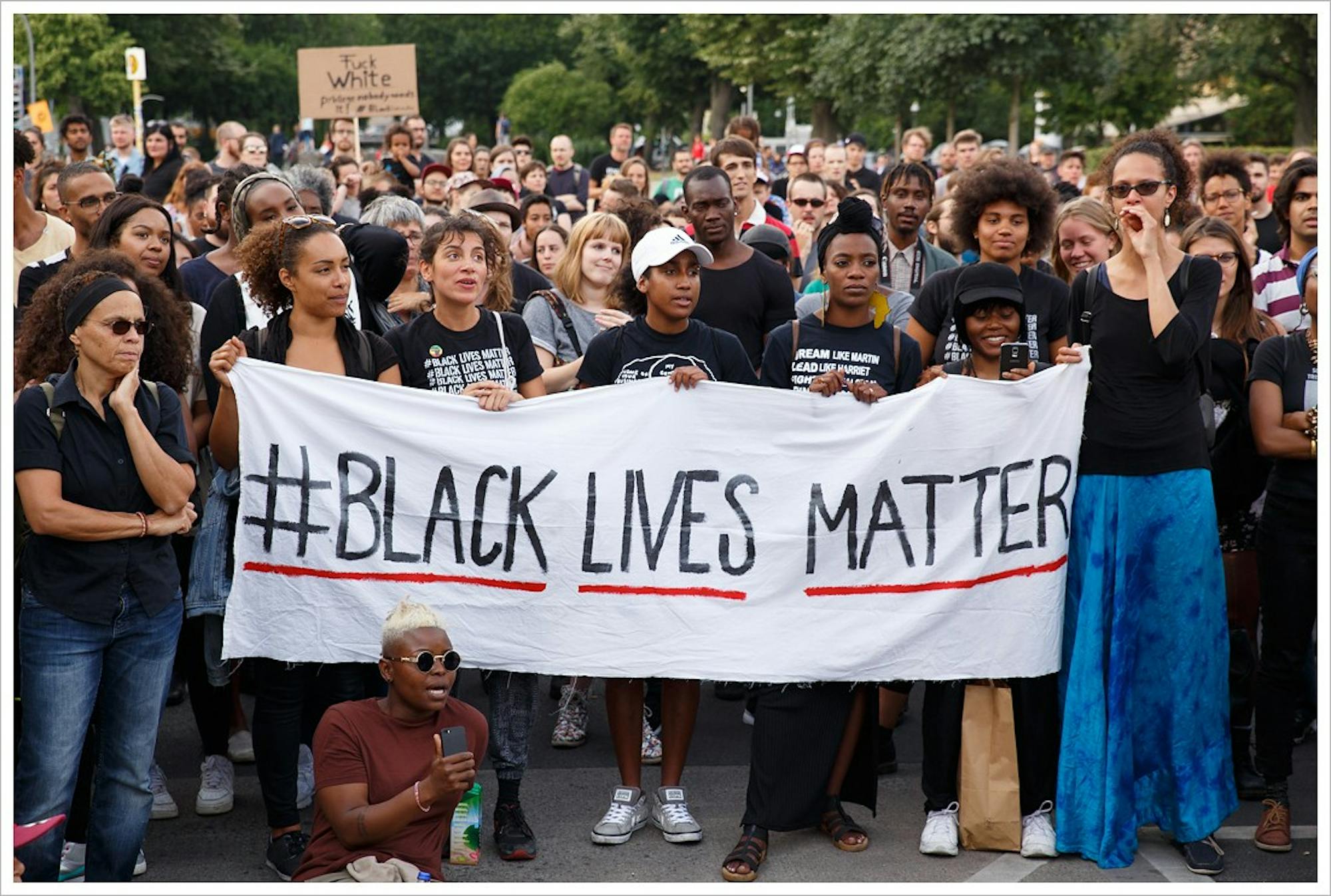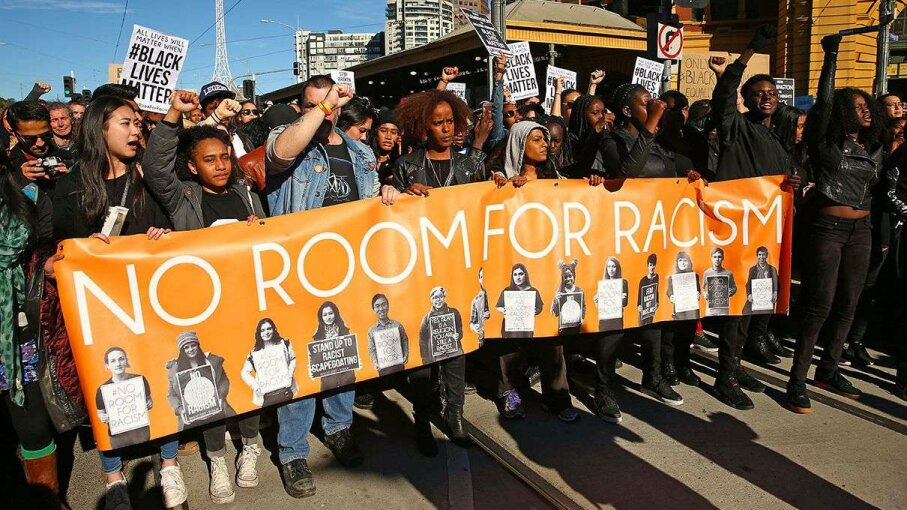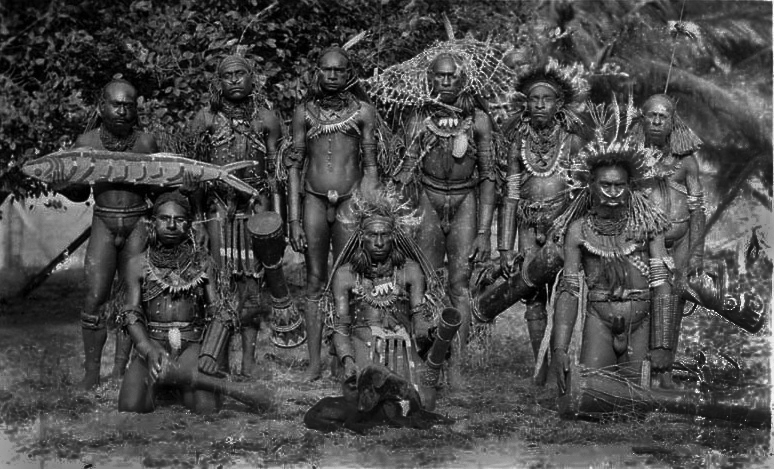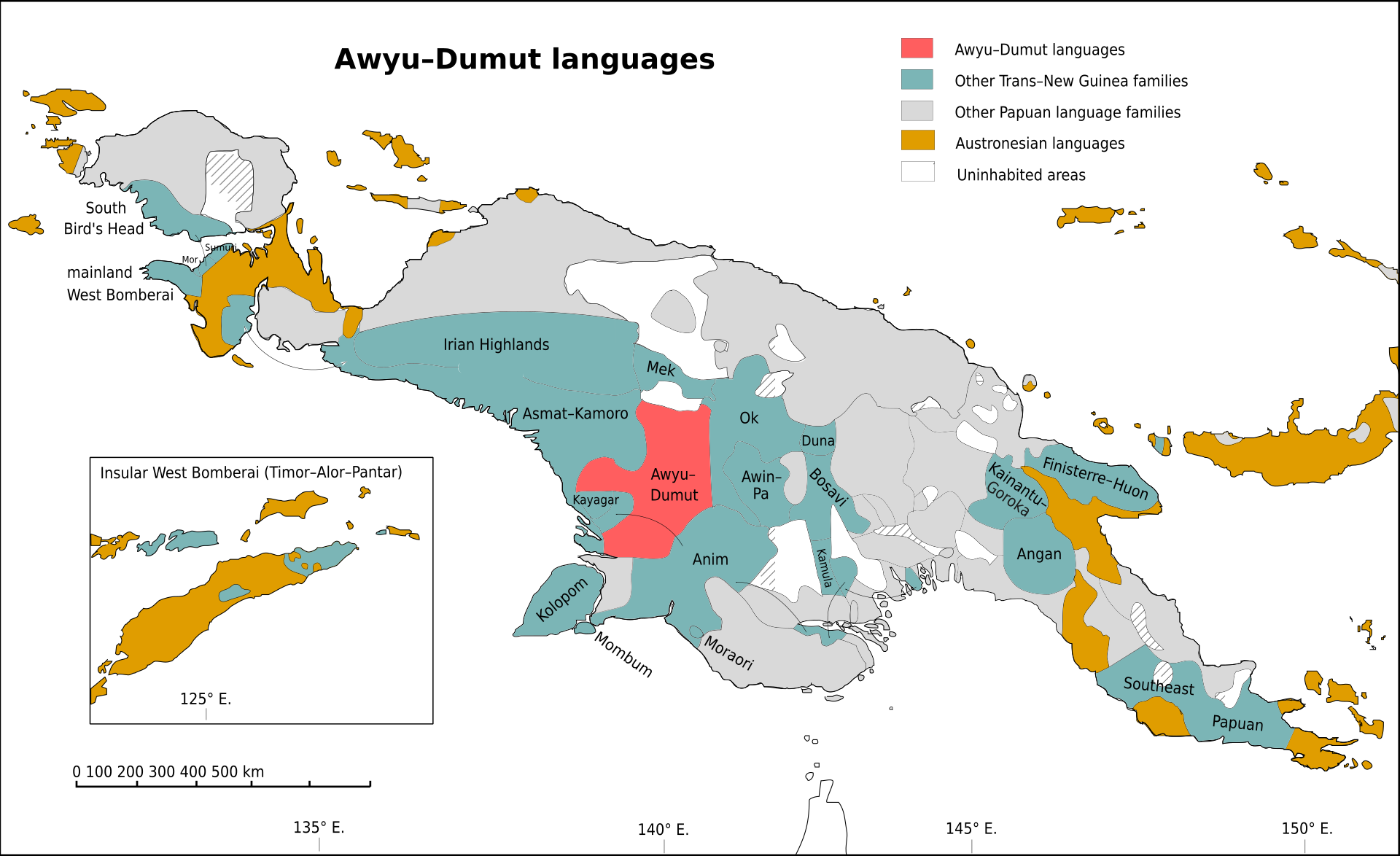Cornell West Speaks to the Meaning
of George Floyd's Death
George Floyd protests: America is at a 'turning point',
philosopher Cornel West says
Jun 4, 2020
In an interview with FRANCE 24, Harvard University professor Cornel West said the protest movement unleashed by the killing of George Floyd had brought America to a "turning point". He said he was elated by the quantity, the intensity and the diversity of the protests, noting that it had brought people together from every ethnic and religious background. West said the choice was now either the ushering in of "non-violent revolution" to address systemic racism, or the "American fascism" championed by Donald Trump, warning that Trump was playing the race card in order to ignite strife.
The Christian eschatological ethos is to love.
To stand with those who are oppressed.
To stand against those who are oppressing.
- re slater
What is the meaning of
the Kingdom of God?
It is a Kingdom of Love come to humanity.
Reclaiming this earth. Reclaiming by love.
- re slater
A Christian Eschatological Ethos of Love
As
the US Congress gathers today to consider creating new laws to promote fairness
and equality to the people of America who have endured too long the racism
and brutality of their police forces I am reminded of the story of
outsiders taking over the passionate vision and hope of the insider.
Too
often have I had the experience of forming and promoting an idea to the
betterment of an organization I was serving only to see that passion taken over
by the leaders, directors, or managers and reduced to skin and bones as a
shell of what it could've been.
We've
had on display for the past two weeks protest demonstrations against America's
police forces which have not served their communities equally or fairly by
institutionalizing racism and inequality against the black citizens of America.
With the racist deaths of Ahmaud Arbery and George Floyd the fuse was lit
and policing injustice was served on a hot plate of anger around the world.
The
protesting voices are the people with a vision and hope for equality and
justice. It is their own vision and hope that the outsider, such as the US
Congress among many others, who will now pretend to take over and try to fix. Whose organizations will create a few laws, implement a few policies, and say "There, you are free now. There,
your equality has come."
But
I'm sorry to say passion cannot come by establishing more laws or more "to
do items" on the whiteboard of societal ethos. No. All the
actions created by the outsider has only dulled the real needs of societies by
making a law, or creating a committing, or reforming this-or-that. What it will
fail to do is to instill that inner drive within the human breast to live and
act out equality and justice in everyday lives of bitterness and racism.
I
know of no law on racism that can truly stop the human heart from expressing
it. There can be no law, no ruling, no acts by committee, which can ever
replace the passion in the hearts of those who cry out for social justice and
equitable relationships between one another. It must be a "law"
written on the human heart. A law to love. This Jesus has given to us through
His atonement and by His indwelling Spirit. That of the love of God which
conforms our racists hearts to that of God's love of healing and goodness to
one another.
As
such, I submit now, that by whatever an organization does or doesn't do - whether by enacting
congressional laws, or disbanding and reforming police precincts; whether by
business or organisational endeavors of any sort, that it will never be enough.
Outsider laws, rules, and common orders of juris prudence is
only the beginning of vision and hope but never the end of learning to love one another of all
colors, creeds, genders, cultures, ethnicities, and things that make people, people. We must see the person if we are to see them truly.
Call
me crazy but if the Lord does not write His love upon our hearts and souls,
minds and body, we simply are living outward lies to the inner souls of our
being, wishing to act right without being right. It's this societal
fakery and lip service we've given to our "good
works" which demeans, and insults, the very purpose of our living. And yes, the white church of America has promoted racism as much as anybody else when overlooking that Jesus spoke to the religious who can be the greatest hypocrite of all.
We
are to love God, each other, and creation. To live lives larger than ourselves,
larger than our Constitution, larger than our Bill of Rights. To live fully
devoted beyond any concept we can imagine or think which might liberate and heal another
to become greater than they are when receiving an attitude of love all the time, in
every place we go, and in every word and action we commit.
Jesus
called out the Scribes and Pharisees for their hypocrisy. He understood the
corruption of the soul of humanity's many empires it lives out. He saw the
common as the uncommon and named everything a study of God's love needing
release through us, His people, as the bearers of God's command to love.
We
cannot legalize it, script it, create creeds and doctrines about it; nor can we
live pretend lives mouthing words to it. God's love is what energizes societies
to unbearable release and outcome because it must breathe lest it dies.
The
message of BLM is that we breathe together as a society that we might live
beyond those who would hold hostage our hearts pretending mere words and laws
will help us live out what is unwritable, inscribable, uncodeable.
The word
love means nothing without extending across our societies in every direction
possible even as global protests have expanded this message of equality and justice across the world in
vision and hope to live well with one another.
Peace,
R.E.
Slater
June
10, 2020
White Evangelicalism At The Protest
Article Link
by Tim Gombis
June 2, 2020
by Tim Gombis
June 2, 2020
The protest against the brutal police treatment of black people in Grand Rapids Saturday night was a profoundly Christian moment. People came together and walked shoulder to shoulder from across ethnic, racial, and gender lines, and from every social class. They peacefully and passionately advocated on behalf of the powerless to the powerful.
It was the social performance of Jesus’s action in the temple.
As we neared police headquarters, we saw that a street evangelist had set up shop. He stood apart from the crowd by a few feet and had a banner behind him. He was white, maybe 60.
When chants died down near him, he raised his hands to make his pitch. People ignored him and routinely drowned him out with cries of “No justice, no peace!” and “George Floyd, say his name!”
I’d never seen the man before but I know him well. I was raised in the same white conservative evangelical culture that produced him.
He perfectly embodied that culture Saturday night. It’s a culture that encounters Jesus and does not recognize him. It sees the social embodiment of Christian faith and wants to save it. It witnesses the gospel in action and stands off to the side. It waits for the cries for justice to die down so it can make its sales pitch.
Sarah leaned over to me and said she wanted to tell the man that if Jesus were here he would say George Floyd’s name.
Indeed, Jesus was there and that’s exactly what he was doing.
*Tim Gombis. Observations on biblical studies, books, movies, music, sports, culture, and anything and everything having to do with creatively and faithfully reflecting on and embodying Christian identity.
* * * * * * * * * * * * * *
Christian humanism is not a new doctrine but an old observance from time immemorial found in the ancients, the major creeds of religions, the teachings of Jesus, and even today in BLM. It is an attitude, a behavior, a significant and important form of communication with one another. It is built around the word Love.
Too many think of humanism as replacing God. But what if it stood with God in exemplifying divine love and forgiveness? This is what is meant by "Christian" humanism. If religions like Christianity, Islam, and Judaism were to stay to their roots of grace and peace in God one could imagine a far better world of equality and fairness.
- re slater
Christian humanism sees people for who they are, serving where it can to help and aid. Jesus didn't say to hate the world but not to be corrupted by the world, including the corruption which comes with Christian secularity. A corruption which is silent in the face of racism and supremacy. If I was to chose between the world and the church I'd rather go it alone in God's creation than fellowship with false attitudes and doctrines. The church of God welcomes and embraces all. It does not seek to brainwash, strong-arm, place guilt upon, or shout down all who differ from its inhumane silence seeking power over God's love and weakness.
- re slater
Christian humanism regards humanist principles like universal human dignity, individual freedom and the importance of happiness as essential and principal components of the teachings of Jesus. It emerged during the Renaissance with strong roots in the patristic period.
- Wikipedia
Equitable justice is the right of every man, woman and child.
If this cornerstone of civilization is removed
there will be nothing left save anarchy.
- re slater
 |
| US Supreme Court: "Equal Justice Under Law" |
Mark 12:30-31 [New American Standard Bible (NASB)]
30 and you shall love the Lord your God with all
your heart, and with all your soul, and with all
your mind, and with all your strength.’
31 The second is this, ‘You shall love your neighbor
as yourself.’ There is no other commandment
greater than these.”
































